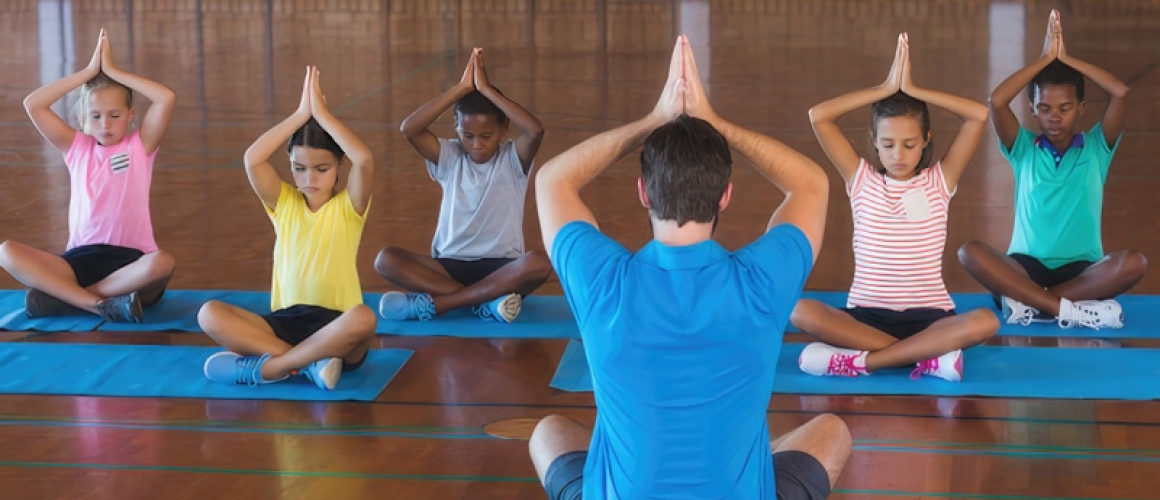Mindfulness cultivates good character and empathy as it teaches children how to handle feelings, manage stress, and focus on tasks.
Here are the Top 10 Benefits of Mindfulness of teaching children.
1. Improves Attention Span
Children who practice mindfulness at The T.E.A. Center, McLean, VA learn to be aware of their own cognitive processes and to be present in the moment. These awareness and focus skills are beneficial for learning.
2. Decreased Levels of Stress, Depression, Anxiety, & Disruptive Behavior.
Children who meditate experience these negative mental states at lower levels than their non-meditating counterparts. This helps them to regulate their responses to stressful situations.
3. Improves Communication Skills
Mindful children are more likely to pause before speaking or acting so that they can contemplate how their words and actions will influence others.
4. Increase Positive Moods
When mindfulness is taught to kids, they discover how to concentrate on their breathing and transition to all of their senses. This encourages more joyful feelings and ideas.
5. Increased Focus, Attention, Self-control, Classroom Participation
Children who practice mindfulness have improved attention spans and positive peer interactions. As a result, individuals are better able to focus in class and give their full participation in group projects or conversations.
6. Improved Academic Performance, Ability to Resolve Conflict, Overall Well-Being.
Mindfulness has been shown to improve attention, focus, and self-control in children. This can lead to improved grades, better test scores, and more positive peer interactions.
7. Self-Control, Improved Mental Clarity, & Emotional Intelligence
Mindfulness is the ability to be aware of one’s body, mind, and surroundings while also being able to focus on a task without distractions. This helps children to minimize distractions for calm, high quality task completion.
8. Ability to Relate with Kindness, Acceptance, and Compassion.
Mindfulness helps children be more aware of their feelings and how those feelings affect their behavior, which improves their social connections. They also show greater empathy for the experiences and perspectives of others.
9. Enhanced Flexibility, and Equanimity
Children who practice mindfulness are more adaptable and resilient, which improves their ability to control their emotions and behavior. When presented with difficulties, they will be more patient and more likely to react favorably.
10. Improves Health and Body Image
Children who are taught to concentrate on one item at a time rather than worrying about several things at once are better able to control their anxiety and tension, which leads to better self esteem.


